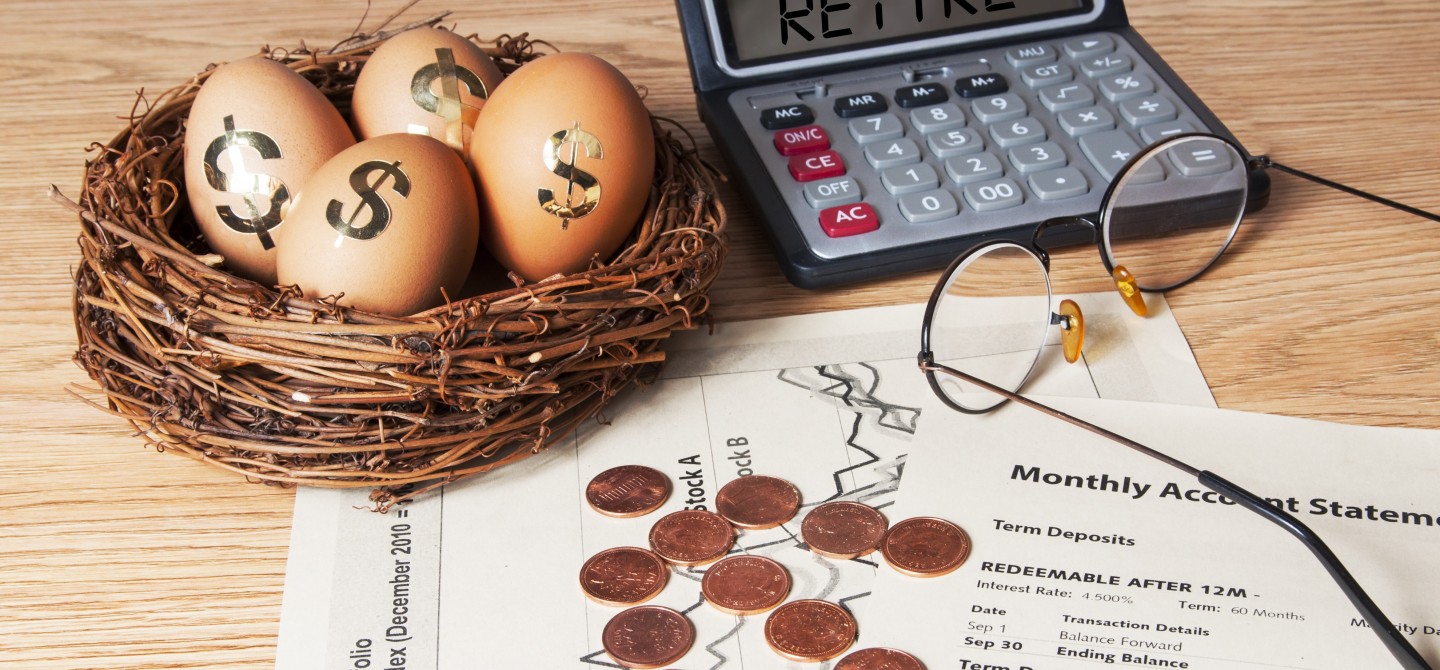The Beginner’s Guide to 401(k)s

If you’re just starting your career, planning for retirement might be the last thing on your mind. You might be facing numerous financial challenges today—student loans, competitive job markets, rising housing costs, piles of bills—that seem more demanding of your attention than something so far down the road. However, the choices you make now are important and can significantly affect your finances in the future. When scrutinizing the benefits offered by your employer, there's one that you don't want to overlook: the 401(k).
A 401(k) or similar employer-sponsored retirement plan can be a powerful resource for building a secure retirement, and many employers match an employee's 401(k) contributions up to a certain percent of salary. If you contribute at or beyond that threshold, you’ll be taking full advantage of the benefit. But if you contribute less than your employer is willing to match, you might be passing up free money.
The Value of a Corporate Match
Over time, an employer match can add a substantial amount to your retirement nest egg.
Let's assume you’re 22 years old, make $40,000 annually and contribute 3 percent of your salary ($1,200) to your 401(k). And, for the sake of this example, let's also assume you’ll continue to make the same salary and same contribution each year until you’re 65. After 43 years, you’ll have contributed $51,600 to your 401(k).
Now let's assume you get a dollar-for-dollar match from your employer for your 401(k) contributions of up to 3 percent of your salary. This match, commonly offered by employers, literally doubles your total savings in the example above from $51,600 to $103,200. That's $51,600 in free money! And any other potential growth in the value of your investments will increase your 401(k) balance further.
Not all employers provide matches to employee contributions, so ask your company’s human resources or benefits department if you’re uncertain. Also find out the maximum percent of salary that your company will match.
If you’re struggling to set aside the maximum match amount due to other financial obligations, you might still be able to take advantage of an employer match: Some employers will now make matching contributions to certain types of employee retirement accounts based on the employee’s qualified student loan payments, broadly defined as any debt an employee takes on to pay higher education expenses. If you’re focused on paying down student debt, ask your employer if they offer this option.
The Earlier, The Better
Early on in your career, handling your finances might seem more like juggling, and you might not be able to save large amounts of money as a young investor. But one very important asset that you do have on your side is time. If used to its best advantage, time can be a powerful wealth-building asset. The earlier you start saving for retirement, the more it will pay off.
Continuing with the example above, let’s say that you wait a few years before starting to make 401(k) contributions. At age 30, you begin contributing 3 percent of your $40,000 annual salary to your 401(k). Upon retirement at 65, having made the same salary and same contribution each year, you’ll have saved $82,000 with the combination of your contribution and your employer’s match. That’s nearly 20 percent less than you’d have saved if you’d started at 22 years old.
The sooner you start saving, the more time your money has to grow—and thanks to the power of compound interest (essentially the interest you earn upon interest), that growth can be significant.
Those numbers can be even higher the more you contribute to your retirement account. Check the IRS contribution limits for 401(k) plans and use FINRA’s Save the Max Calculator to see if you’re on track to save the maximum in your 401(k) this year.
Tax Advantages
In addition to helping you prepare for the future, contributing to a 401(k) can provide significant tax advantages today.
Contributions to a traditional 401(k) are made with pre-tax dollars—meaning the money goes into your retirement account before it gets taxed. With pre-tax contributions, every dollar you save will reduce your current taxable income by an equal amount, which means you’ll owe less in income taxes for the year. You won’t owe any taxes on these funds until you withdraw money from your account, typically after you retire.
Using the example above, the $1,200 you contribute to a traditional 401(k) in a given year will reduce the gross income you must report to the IRS for that year from $40,000 to $38,800.
With a Roth 401(k), you make contributions with after-tax dollars. However, employers may make matching contributions on a pre-tax basis. Check with your employer about the options available for your plan, and be sure to talk with a tax specialist and/or investment professional to discuss your personal situation.
What to Take Away
Even contributing at the match threshold might not be enough to fully fund a secure retirement, and you might need to save in other ways to generate enough replacement income during retirement to maintain your standard of living. But that should never discourage you from saving what you can now. Everyone’s circumstances are different, and any contribution is better than none.
By starting early and increasing your contributions over time, particularly when you experience an increase in salary, you can maximize your savings and have more money in retirement.
Learn more about 401(k)s and other employer-sponsored plans.
Updated: 02/27/2025



